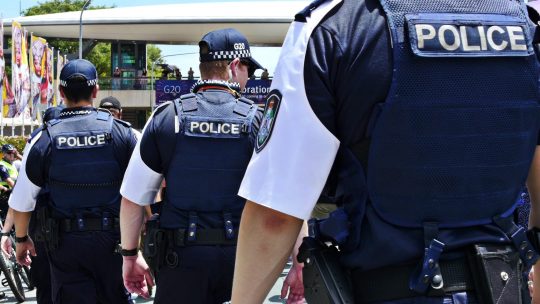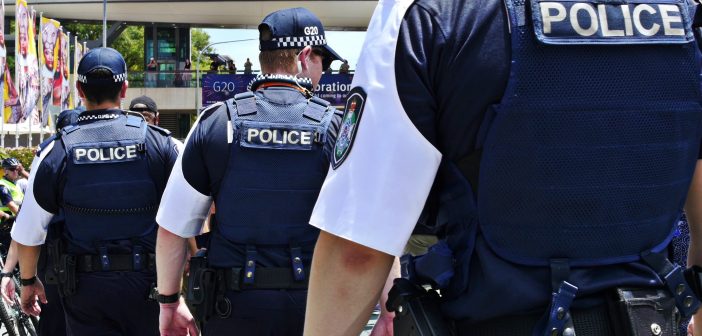
It has been 30 years since the Aboriginal deaths in custody royal commission in Australia and experts say not a lot has changed.
Since the murder of George Floyd last year, the US has implemented the George Floyd Justice in Policing Act to change the way police operate.
Monash University Professor of criminology, Jude McCulloch said Australia should be looking to do the same.
Ms McCulloch said there are alternate ways to policing that can positively impact the treatment of Indigenous people.
These include: “ensuring there are proper health services, ensuring people get access to a good education, an income that they can live on, meaningful employment and drug and alcohol rehabilitation”, she said.
Ms McCulloch said people of colour in America are far more likely to be dealt with as the enemy.
“African Americans are 13 per cent of the population, but they’re two and a half times more likely to be killed by police”, she said.
She said this is a global issue because formerly enslaved people and First Nation people have had this treatment through generations.
“It reflects the broader culture, but it also reinforces the broader culture because when indigenous or First Nations or Aboriginal or Torres Strait Islander people are over-policed, they’re reproduced as criminals in the public imagination,” she said.
She said police treatment of Indigenous people in Australia needs to change.
“I think what needs to happen here is, the bottom line, the Royal Commission’s recommendations need to be implemented in full”, she said.
“There are groups of indigenous organisations working on ‘close the Justice gap’, and their voice needs to be heard”.
Ms McCulloch said the main thing to change is the attitude toward the issue, as part of the problem is not acknowledging it, to begin with, not listening to people and not acting on it.
She said the most common answer to fixing the issue is to train police, but she believes there are better ways to achieve the results.
“When you see a police officer who intentionally [uses force], training is not going to fix that. What you see is a lack of humanity and a criminal act. You can’t be trained out of lacking humanity, in my view,” she said.
One way the US Act suggests improving justice in policing is for federal police officers to have body cameras embedded in their uniform.
Ms McCulloch said the use of body cameras can potentially promise accountability; however, police control the footage and aren’t obliged to share it.
She said the availability of smartphones has made a difference, giving more control to the people.
The police department in Minneapolis put out a media release moments after Floyd was murdered.
It said a man suffered a medical event while being taken into custody, the police called for medical assistance, but he unfortunately died.
A twenty-two-year-old girl captured the video of the real event on her smartphone.
Ms McCulloch said if the video didn’t exist, “we would never say that George Floyd was murdered, we wouldn’t even say he was killed, we would say he died.”







